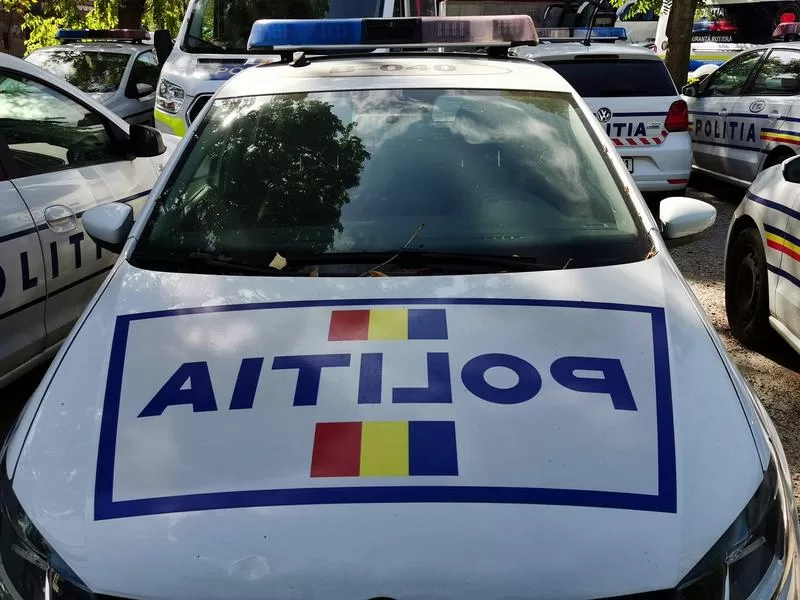district of Wesel.
Does the Deutschlandticket advance the traffic turnaround in the district of Wesel? In view of the many problems with the train routes, this is doubtful.
When the Deutschlandticket goes live this week, many people in the Wesel district could ask themselves the question: Which train should I actually take? The route on the right bank of the Rhine is a permanent construction site and will remain so for years to come – and commuters between Moers, Rheinberg and Xanten can be happy if all the signal boxes are manned. Because for months there have been repeated failures on the RB 31 regional train.
Germany ticket in the district of Wesel: How many people ordered it?
So will the ticket on the Lower Rhine fail to have the desired effect? How many interested people from the Wesel district have bought so far can hardly be estimated – after all, the offer can be purchased from many different providers. They speak of around 1000 new subscribers who have registered since the start of sales.
One of them is Doris Beer, the transport policy spokeswoman for the SPD in the district council. “The Deutschlandticket is a good thing, I’ve already gotten one for myself,” she reports and hopes that as many people as possible will do the same. But it is also clear to the Social Democrat that just offering a reasonably cheap monthly ticket is not enough to get more people excited about public transport – especially in rural areas.
“The traffic turnaround must be tackled at all ends,” says Beer. In concrete terms, she means in the Wesel district, for example, the better connections from smaller towns to the local transport network, the networking of bicycles and public transport or the quality of stay at bus or train stops. The SPD representative has great expectations of the new local transport plan for the district of Wesel, which is currently being drawn up. “I hope that will be a real win,” says Beer.
That for many people in the district of Wesel, local public transport hardly plays a role in everyday life. According to this, around 50 percent of those surveyed stated that they never use public transport. A good one in three travels irregularly by bus and train, while between 15 (Wesel area) and 22 percent (Moers) travel regularly.
For Frank Berger, chairman of the CDU parliamentary group in the district council and transport politician, the Deutschlandticket is a great opportunity to convince more people of the offers. “But we are doomed to be successful,” says Berger. The Christian Democrat assumes that the debates about the future financing of the ticket will begin after the summer holidays. The more people get on the bus and train, the greater the pressure on decision-makers in the federal and state governments. “It will be a vote with your feet,” says Berger, who warns massively against passing the costs on to the municipalities or discontinuing unprofitable connections, because otherwise the Deutschlandticket cannot be financed permanently. “The cities and municipalities cannot shoulder that.”
It is also clear to Berger that local transport in the Wesel district must be significantly improved in the medium to long term. A first step in the right direction was the launch of the new X-Bus lines, and the reactivation of train routes such as to Kamp-Lintfort, Neukirchen-Vluyn and between Dinslaken and Wesel (Walsumbahn) will significantly increase the attractiveness of public transport. Last but not least, the quality and reliability must be increased – but this is not possible without further construction sites. “On the left bank of the Rhine, some of the infrastructure is 100 years old,” says Berger.
More articles from this category can be found here: Kreis Wesel


